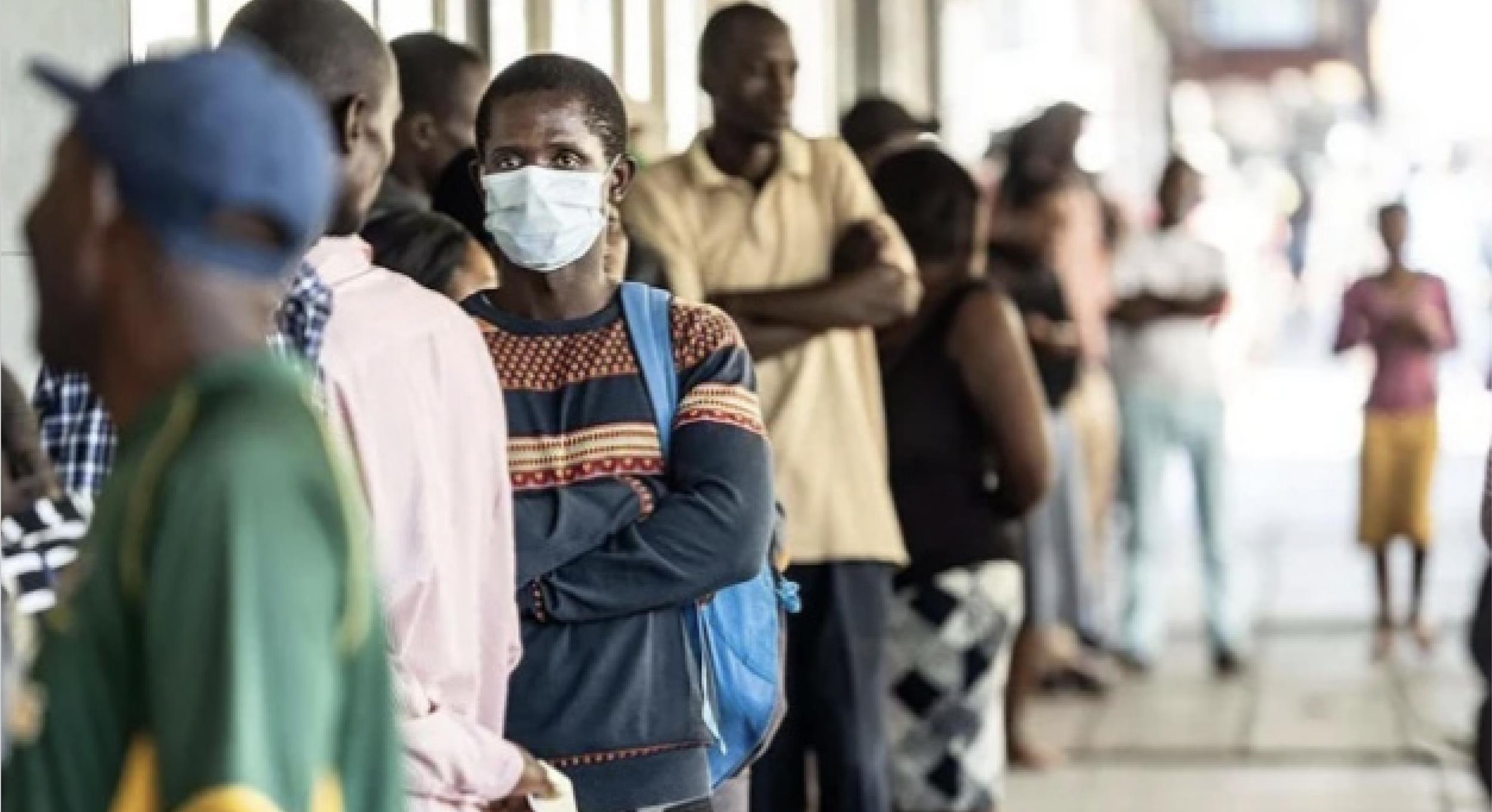In the shadow of Johannesburg’s skyline and Cape Town’s bustling streets, a silent crisis has been unfolding. Zimbabwean migrants, already grappling with economic precarity, found themselves at the epicentre of an intensifying struggle for survival, exacerbated by the COVID-19 pandemic. The pandemic has not only amplified their economic vulnerabilities but has also cast a stark light on a critical issue—food insecurity.
As the COVID-19 pandemic swept across the globe, it left no community untouched. However, for Zimbabwean migrants in South Africa, the pandemic’s impact has been particularly severe. Long before the first case of COVID-19 was reported, these migrants were already navigating a precarious existence marked by uncertain legal status, insecure employment, and frequent xenophobic hostility. The advent of the pandemic only served to exacerbate these existing challenges, creating a perfect storm of hardship.
Our recent study on this community documents the severe disruptions that the pandemic caused in the lives of Zimbabwean migrants. The research highlights how the pandemic not only led to significant job losses and income reductions, but has also severely disrupted food access, plunging many into a state of acute food insecurity.
The lockdown measures implemented by the South African government, aimed at curbing the spread of the virus, had a devastating economic impact. The informal sector, a significant source of livelihood for many Zimbabwean migrants, was particularly hard hit. Informal traders, day laborers, and domestic workers found themselves suddenly without income, as businesses shuttered and movement was restricted. For many, this loss of income translated directly into food insecurity. Their survey conducted in July and August of 2021 revealed that nearly 90% of Zimbabwean migrant households experienced a loss of income due to the pandemic. This economic blow had a direct and severe impact on their ability to secure food, with three-quarters of the households reporting that they had less food to eat because of the pandemic.
The story of pandemic precarity and food insecurity is one of both immediate and lingering effects. While some economic activities resumed as lockdown restrictions eased, the recovery has been uneven and insufficient to alleviate entrenched food insecurity. Many migrants have struggled to regain their economic footing, with over 90% of surveyed households indicating that their economic conditions had worsened compared to pre-pandemic times.
The pandemic also brought about a shift in remittance behaviors. Traditionally, many Zimbabwean migrants in South Africa sent money back to their families in Zimbabwe, playing a crucial role in supporting their extended households. However, the loss of income during the pandemic forced a reduction in the amount and frequency of remittances. More than three-quarters of the surveyed households reported sending less money home, further straining the resources of their families in Zimbabwe, who were also dealing with the pandemic’s economic fallout.
Food insecurity, exacerbated by the pandemic, has manifested in various forms within these migrant households. Beyond the immediate lack of food, there has been a significant decline in the quality and variety of available food. Many households have had to resort to consuming less desirable and less nutritious food options, and some have experienced days when there was no food at all. The psychological toll of food insecurity is also evident, with nearly half of the respondents worrying about not having enough food and having to eat smaller or fewer meals due to resource constraints.
The impact of food insecurity extends beyond physical health, affecting the social and emotional well-being of individuals and families. The inability to secure sufficient and nutritious food led to a range of coping strategies, from borrowing food to relying on social networks for support. Yet, these measures are often stopgaps rather than solutions, highlighting the need for more sustainable interventions.
The concept of ‘pandemic precarity’ underscores the pandemic’s role in intensifying existing vulnerabilities and creating new ones. For Zimbabwean migrants in South Africa, the pandemic has underscored the fragility of their economic and social status. It has exposed the systemic inequities that leave them particularly susceptible to crises and has emphasized the need for comprehensive policy responses that address both immediate needs and long-term vulnerabilities.
As the world begins to recover from the pandemic, the lessons learned from the experiences of Zimbabwean migrants in South Africa must not be forgotten. Their plight calls for a rethinking of migration policies and support systems to ensure that migrants are not left to navigate such crises alone. There is an urgent need for policies that provide social protection, secure employment opportunities, and access to essential services, including food security.
In conclusion, the story of Zimbabwean migrants during the COVID-19 pandemic is a poignant reminder of the broader issues of migration, precarity, and food insecurity. It highlights the interconnectedness of these issues and the need for holistic approaches to support vulnerable populations.
Created with the assistance of ChatGPT 4.0

